Wherever you find recovering people, you’ll find recovering families and communities.
Behavioral Health Group works with communities to educate the public about addiction and improve access to medication-assisted recoverySM.
Rejuvenating communities
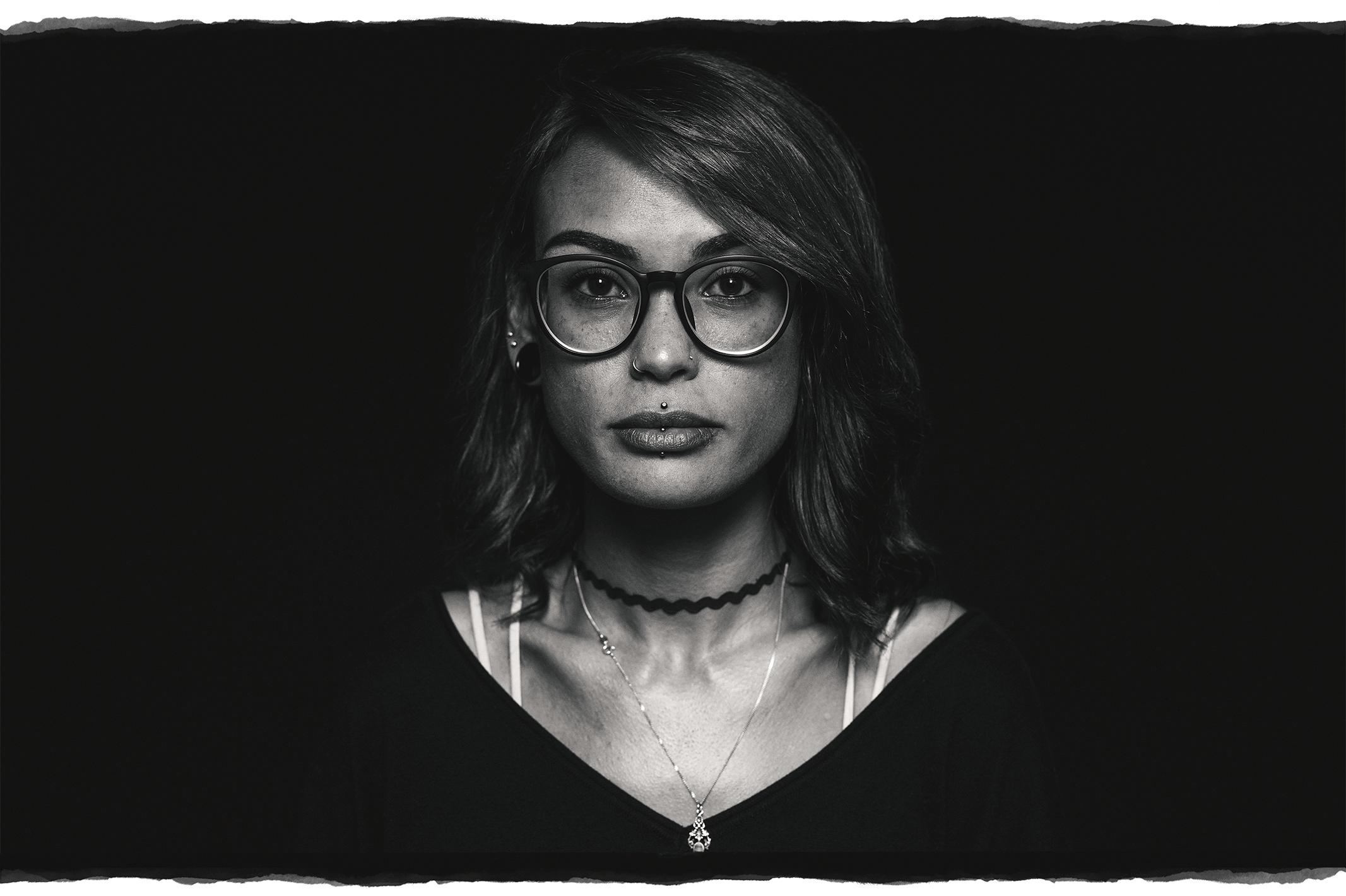
The opioid epidemic doesn’t just impact people with an opioid use disorder (OUD) — it impacts their families, friends, employers, places of worship, neighborhoods, and communities at large.
Education and outreach are required to overcome potential stigmas, bring to light the cost of inaction, and reframe perceptions of who is at risk and what real recoverySM looks like.
We partner with communities and their leaders to provide education about evidence-based opioid addiction treatment and improve awareness of — and access to — medication-assisted recoverySM.
Learn more
If I’m not sending patients to BHG then someone needs to check on me, because I’m seeing two to three OD’s per day. We need help!
ER Physician, Regional Health System, VA
Top notch facility with caring, personable staff who made the intake jitters go away for our client.
Community Mental Health Provider, KY
Always eager and willing to partner any way they can to combat, educate and respond to the Opioid epidemic in our community.
Coalition President, KY
Creating criminal justice
partnerships for advocacy
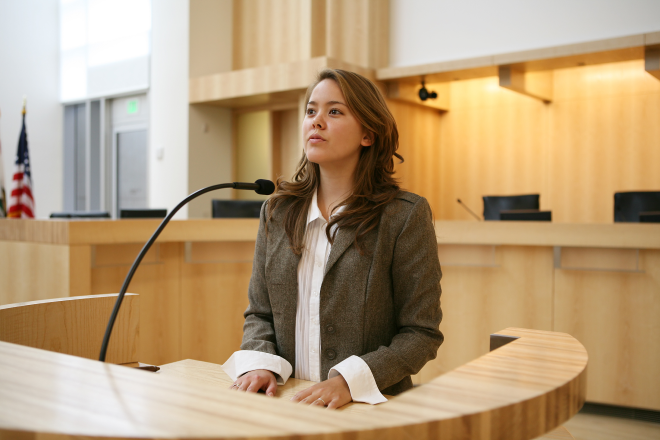
Opioid use disorder is a serious issue among probationers, parolees, and others who have criminal justice system involvement. Medication-assisted treatment has been shown to significantly reduce use of unauthorized opioids in these populations. On average, justice involvement declines 70% for BHG patients in recovery.
Drug courts can’t deliver effective treatment without medical input, and physicians can’t help individuals suffering from substance use disorders without understanding the criminal justice environment in their local community.
To optimize outcomes for patients and the community at large, drug courts can form collaborative partnerships with physicians who have a deep understanding of treatment and recovery.
Restoring workplaces

Restoring workplaces
When community members struggle with addiction, the ripple effects reach local businesses. 75% of US employers say their workplace is impacted by opioid use, and 38% report absenteeism or impaired worker performance due to employee opioid use.
Without appropriate treatment, people with OUD often find it difficult to maintain a job or perform their job effectively. Fortunately, medication-assisted treatment has been proven to improve employment outcomes, and 60% of BHG patients obtain employment after one year of treatment.
Gold-standard recovery care
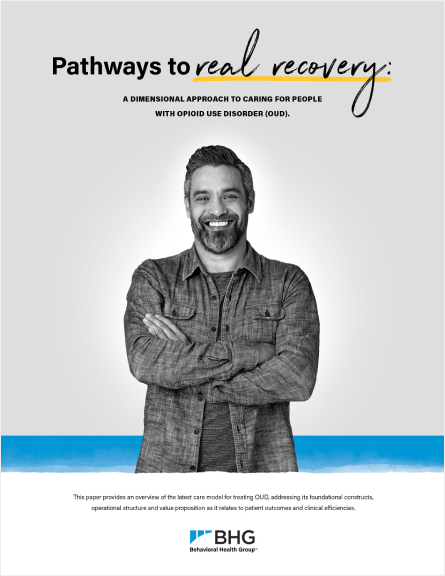
BHG is a national healthcare facility, reflecting the high standards for clinical environment and quality care you might expect from the primary care physicians in your community.
BHG treatment centers are accredited by CARF (Commission on Accreditation of Rehabilitation Facilities) and/or the Joint Commission, the same governing body that oversees both inpatient and outpatient behavioral health programs, hospitals, and healthcare systems. BHG upholds state medical and behavioral health guidelines, DEA guidelines, and payer guidelines such as Medicaid and Medicare.
.png)
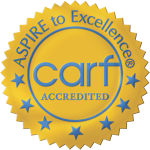
Critical and emergency care partnerships
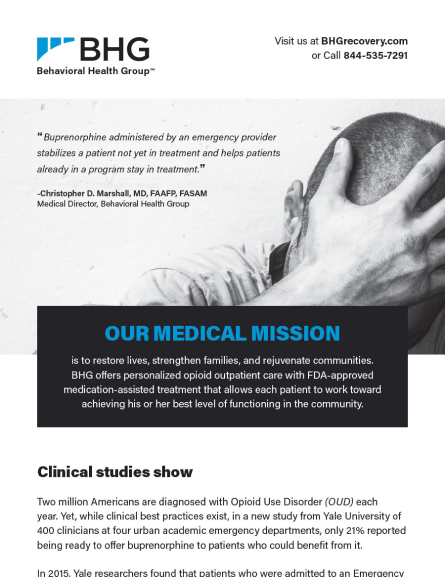
Despite the existence of clinical best practices for OUD, some emergency departments don’t have the resources or procedures in place to effectively administer treatment.
In fact, a study from Yale University found that out of 400 clinicians at 4 urban academic emergency departments, only 21% reported being ready to offer buprenorphine to patients who could benefit from it.
This can have an outsized impact on the success of treatment — patients who are admitted to an Emergency Department (ED) for OUD and treated with buprenorphine along with medical management in primary care are twice as likely to remain in addiction treatment a month later.
Under specific conditions, the DEA’s “three-day rule” allows emergency providers to administer (but not prescribe) narcotic drugs to patients for the purpose of relieving acute withdrawal symptoms while arranging for referral for treatment. By referring patients to BHG for outpatient treatment, providers can appropriately treat withdrawal with buprenorphine and increase patients’ chances of successful treatment.
Become a BHG hospital partner
Resources

Refer a Patient
You’re the first line of care for those seeking help, and we work hard to be your trusted partner! Our referral process is speedy and simple, knowing that people need to get into treatment when their motivation is high. Please click the ‘Refer a Patient’ button to complete an online form or call our dedicated referral line at 844.535.7291.
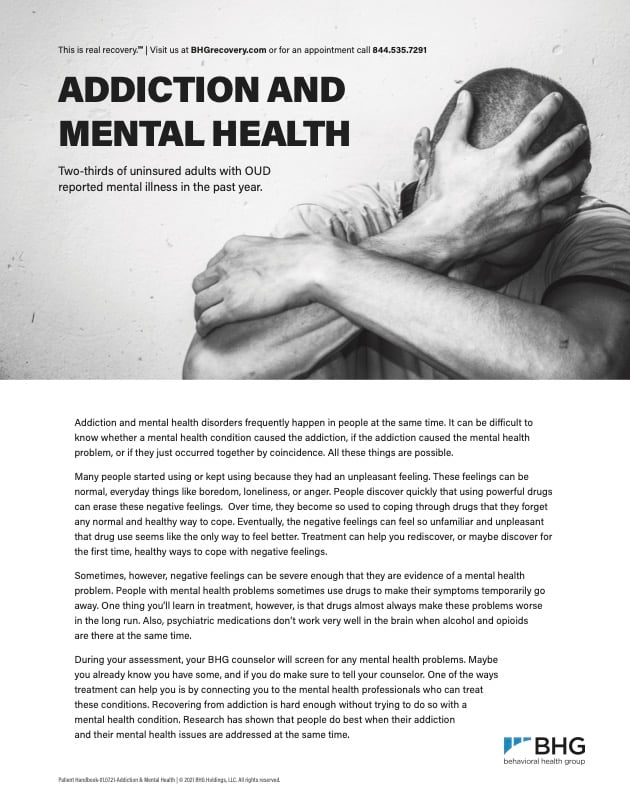
Addiction and Mental Health
Addiction and mental health disorders frequently happen in people at the same time. It can be difficult to know whether a mental health condition caused the addiction, if the addiction caused the mental health problem, or if they just occurred together by coincidence. Download this helpful resource to learn more.
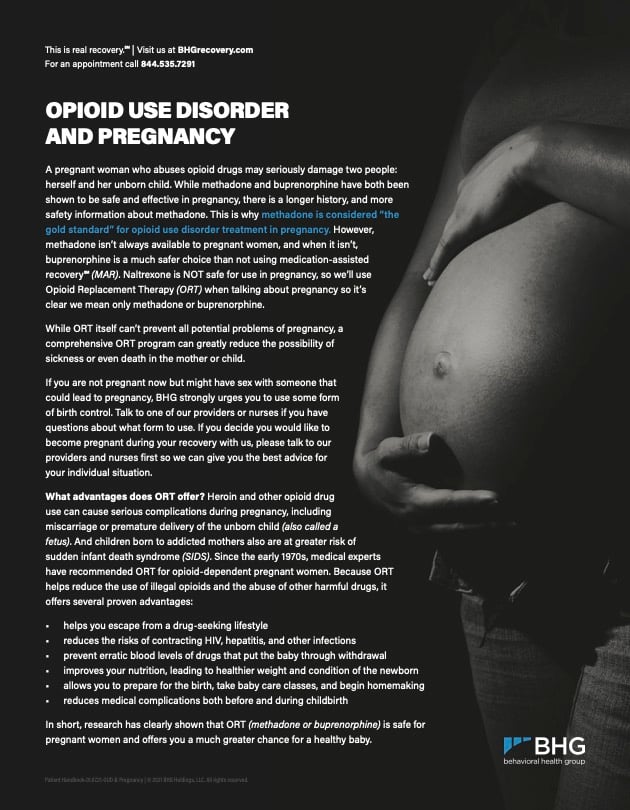
Opioid Use Disorder and Pregnancy
While methadone and buprenorphine have both been shown to be safe and effective in pregnancy, there is a longer history, and more safety information about methadone. This is why methadone is considered “the gold standard” for OUD treatment in pregnancy. Download this helpful resource to learn more.
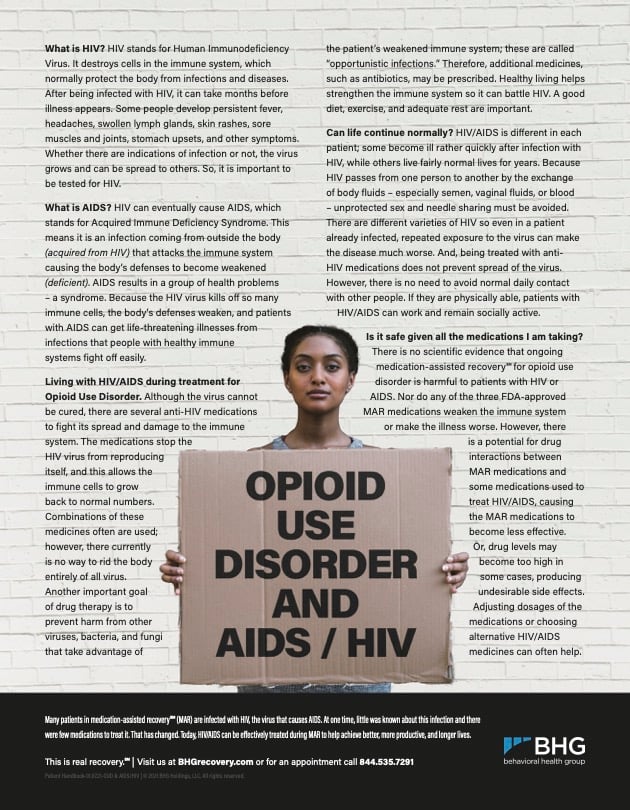
Opioid Use Disorder and HIV
There is no scientific evidence that ongoing medication-assisted treatment for opioid use disorder is harmful to patients with HIV or
AIDS. Nor do any of the three FDA-approved MAR medications weaken the immune system or make the illness worse. Download this helpful resource to learn more.
Community FAQs
We engage with other local health care providers, local community programs and leaders, local governmental and law enforcement agencies, and the public at large through events, one-on-one meetings, and forums. We also have dedicated community partners in every treatment center whose responsibility it is to work with local leaders on substance use disorder issues in their communities.
Read LessDrug addiction ignores every socio-economic variable and finds its way into all communities. It is far better to provide and encourage treatment than to ignore the problem.
Drug use will not go away if left untreated, and it will impact the community through public health concerns like tuberculosis, sexually transmitted diseases, HIV, and hepatitis. Additional community costs include unpaid emergency room visits, increased admission to medical and psychiatric facilities, criminal activity, and incarceration.
Just like shelters, food banks, and clinics, substance use disorder treatment centers help address societal concerns and improve quality of life for everyone in the community.
When treatment is available, drug-offense arrests decline as many... Read More
The presence of a substance misuse treatment and recovery center is statistically linked with reduced criminal activity in the community.
When treatment is available, drug-offense arrests decline as many patients stop buying and using illegal drugs. Arrests for predatory crimes also decline, because patients in recovery no longer need to finance a costly illicit drug addiction, and because treatment allows many patients to stabilize their lives and obtain employment.
Our programs are highly regulated. All BHG treatment centers are licensed by both state and federal authorities, and are accredited by one or both of the Commission on Accreditation of Rehabilitation Facilities (CARF) and the Joint Commission, the same agency that accredits hospitals nationwide.
Read LessPartner with BHG
To learn more about partnerships and how we can help your community, please fill out the form or call 844.535.7291.
[*Our calls may be recorded for quality assurance and training purposes.]

